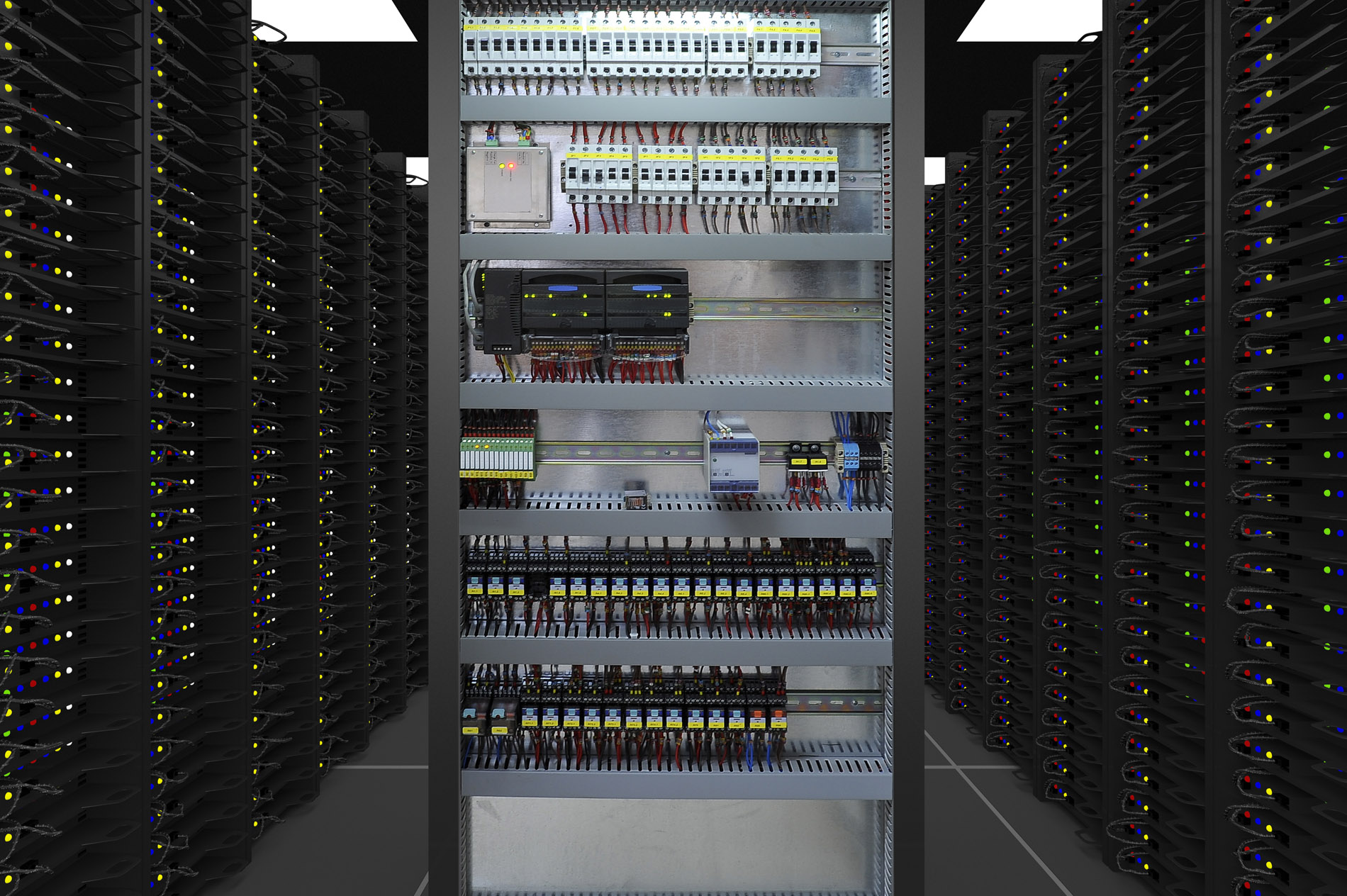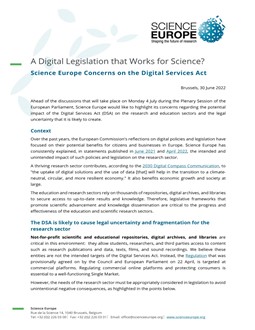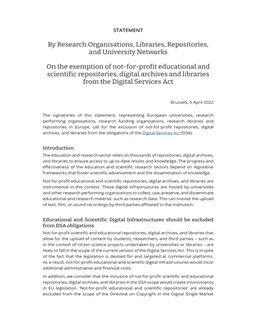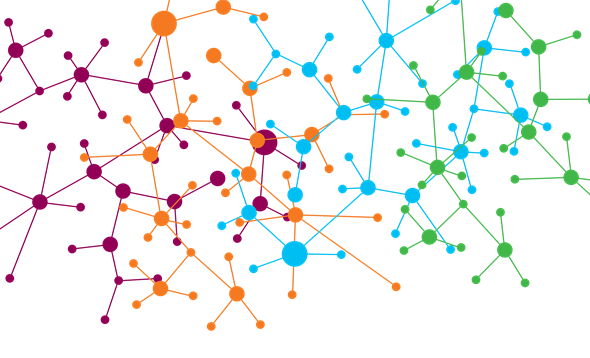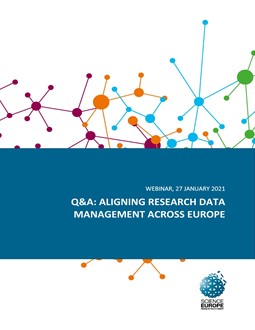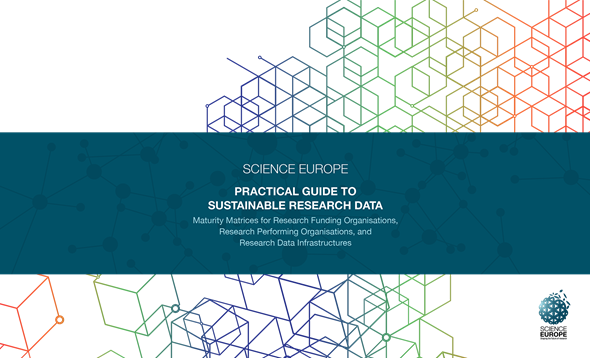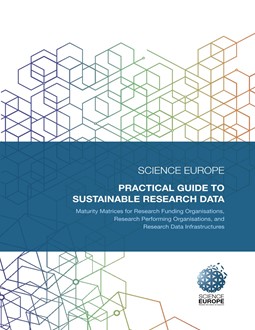What are the current priorities?
Good research data management throughout the research process helps researchers to plan how, when, and where to share which data. Many research funding and research performing organisations have respective policies in place, especially for data management plans.
Science Europe aims to align such policies and requirements across Europe. This will make things easier for researchers from different organisations or disciplines to work together, and for researchers who change funders or home institutes. It will also make it easier for research organisations to evaluate data management plans and implement their own policies.
Science Europe also aims to ensure the sustainability of research data, including their long-term storage and accessibility. This requires research organisations and research data infrastructures to establish the necessary framework conditions, including organisational policies, technical preparedness, financial solutions, and training.
What is Science Europe doing to achieve these aims?
Science Europe actively promotes the principle that research data should be FAIR. It works with its member organisations and other stakeholders to align policies and procedures, and to provide clear guidelines to support researchers in their data management.
Science Europe represents the interests of its member organisations in the development and implementation of EOSC. It is an observer member of the EOSC Association (EOSC-A) and is represented in its General Assembly. Science Europe is also directly involved in two EOSC-A task forces, cf. Research Careers, Recognition, and Credit and Long-term Data Preservation. Through this engagement Science Europe stays at the forefront of data sharing developments in Europe.
Science Europe and its member organisations have developed practical guidelines on research data management. A series of publications offer practical guidance to aligning policies across disciplines and across organisations. Science Europe has also collected and made available good practices from research funding and performing organisations that have successfully implemented data management policies to help guide organisations still setting them up.
Research funding and performing organisations, and research data infrastructures are key actors to set a framework that supports researchers in their research data management and that ensures the long-term preservation, accessibility, and interoperability of research data, that is sustainable research data. Science Europe has created a tool that facilitates common understanding on necessary policies and practices and supports the development of organisational agendas for sustainable research data.


